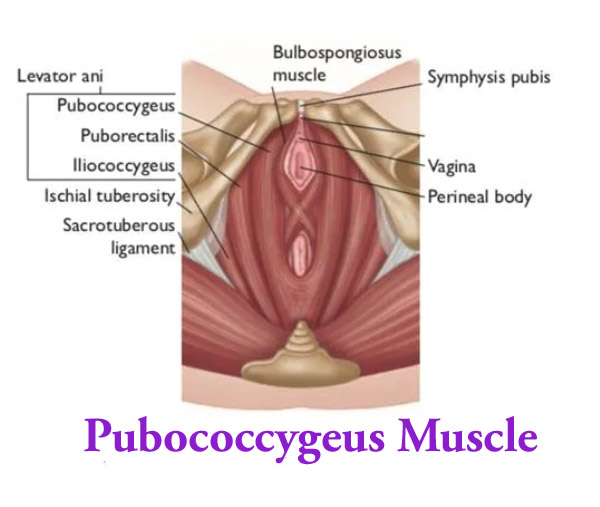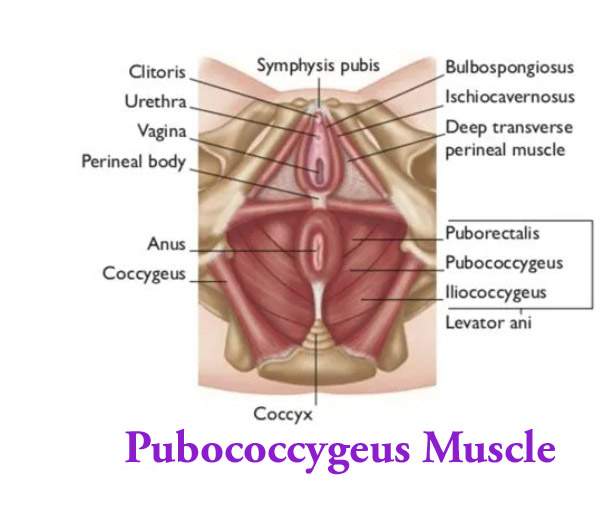What is Vaginismus?
Vaginismus is a condition where the vaginal muscles involuntarily tighten or spasm, making penetration whether during sex, tampon use, or a medical exam painful, difficult, or impossible. So,Involuntary contraction of the pelvic floor muscles (especially the pubococcygeus muscle) around the vaginal opening is Vaginismus. It is often distressing but treatable with the right approach.

Prevalence of Vaginismus
Affects 1-17% of women globally (estimates vary due to underreporting).
Common enough that gynecologists see it regularly, yet many don’t seek help due to embarrassment.
Types of Vaginismus
According to Severity:
Mild: Some penetration possible but uncomfortable.
Severe: No penetration possible (vagina “closes off”).
According to Timing:
Primary: Present from the first attempt at penetration.
Secondary: Develops later, after a period of pain-free experiences.
Symptoms of Vaginismus
- Burning, stinging, or tightness during attempted penetration.
- Feeling like there’s a “wall” blocking entry.
- Pain ranging from mild discomfort to intense.
- Anxiety or panic about penetration, sometimes leading to avoidance of sex or exams.
- Can coexist with arousal desire might be normal, but the body resists.
Causes of Vaginismus
Physical Causes:
- Infections (e.g., yeast or UTIs) causing irritation.
- Injury (e.g., childbirth tears or episiotomy scarring).
- Hormonal changes (e.g., menopause reducing elasticity).
- Rarely, structural issues like a thick hymen.
Psychological Causes:
- Fear of pain (often from past experiences like rough sex or trauma).
- Sexual abuse or assault history.
- Anxiety about sex (e.g., performance pressure or cultural shame).
- Stress or negative beliefs about intimacy.
Relational Causes:
- Lack of trust
- Poor communication
- Insufficient foreplay with a partner.
Mixed Causes:
- A physical trigger (like an infection) can spark it, then fear keeps it going a feedback loop.
Diagnosis of Vaginismus
Process:
A doctor (usually a Sexologist or gynecologist) asks about symptoms, sexual history, and pain patterns.
Exam:
A gentle pelvic exam if possible to rule out other issues (e.g., endometriosis, infections). If too painful, diagnosis can rely on history alone.
Key:
Differentiating it from voluntary avoidance or other pain conditions like vulvodynia.
Treatment of Vaginismus
Highly effective with patience and the right tools:
Pelvic Floor Therapy:
What: A physical therapist trains you to relax and control pelvic muscles.
How: Exercises (e.g., Kegels to strengthen, then reverse Kegels to relax) and biofeedback.
Success: Up to 90% improve with consistent work.
Dilators:
What: Graduated plastic or silicone rods to stretch and desensitize the vagina.
How: Start small, insert at your pace (often with lube), and progress over weeks/months.
Tip: Done privately, often with breathing exercises to stay calm.

Psychological Support:
Therapy: CBT or sex therapy to address fear, trauma, or anxiety.
Couples Counseling: If partner dynamics contribute.
Medical:
Treat underlying infections or hormonal issues (e.g., estrogen cream for dryness).
Rarely, Botox injections to relax muscles in severe cases.
Self-Care:
- Lots of foreplay and lubrication to ease tension.
- Open communication with a partner to reduce pressure.
- Improvement can take weeks to months, depending on severity and root cause.
- Key is consistency rushing can worsen the spasms.
Additional Notes on Vaginismus
- Not Your Fault: It’s a reflex, not a choice guilt only makes it harder.
- Partner Role: Supportive partners who avoid pushing penetration help recovery.
- Misconceptions: It’s not “frigidity” or a lack of desire, it’s a physical response often tied to subconscious fear.
- Hopeful Outlook: Most women overcome it fully with treatment, regaining comfortable sex or medical exams.

 Dr. SP Singh Clinic[/caption]
Dr. SP Singh Clinic[/caption]